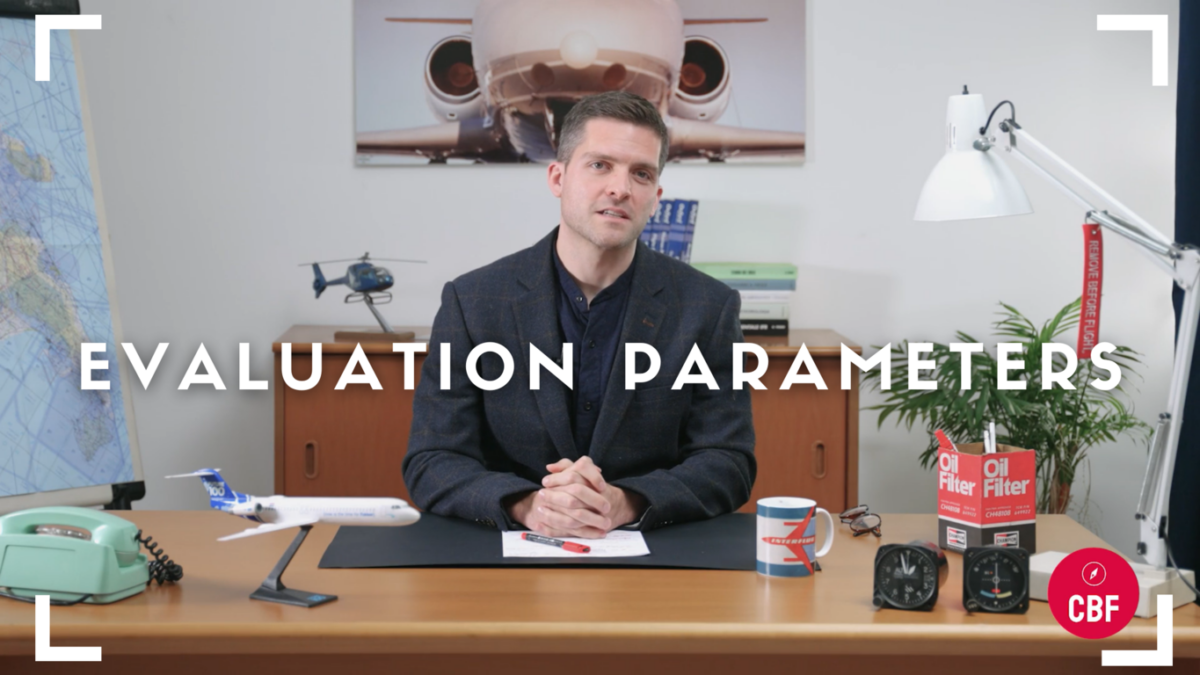Choosing the school
Regarding the school you want to evaluate attending, there are objective and subjective issues.
OBJECTIVE PARAMETERS
Objective evaluations refer to certifications: if you want to attend a certain type of course, you must choose a school that has the appropriate certifications. This will allow you to screen the possibilities and get an idea of the various estimates.
SUBJECTIVE PARAMETERS
In addition to this, there are subjective issues: you must take into account the distance from your usual residence.
Attending courses at a large Academy abroad can have advantages for the language, the experience, the undeniable job opportunities that they offer at the end of the courses, however you must consider living 3 years away from home and add the costs of food, accommodation and travel. Maybe you don’t know that near your home there is an aeroclub that, maybe will not offer you all the courses, but provides a very decent PPL course (the size of the structure is not proportional to the quality, on the contrary!) that can save you some money at least initially, introduce you to pilots from your country and give you a richer idea of the aeronautical world, as well as being a pleasant way to find friends who share the same passion.
So even in this case, starting out with very expensive courses, far from home, in an Academy that churns out hundreds of pilots a year, has its pros and cons that everyone must try to evaluate by identifying themselves for a while in that context.
OTHER PARAMETERS
Other parameters that are to be considered fundamental for choosing the school are for example:
- the location (for airplanes, check if it is an area where you can fly all year round and if in some seasons the airport remains closed due to prohibitive weather conditions and if there are commercial airports nearby to gain some experience in managing missions; for helicopters instead, for example if the school is in a mountainous area where all types of specific rotary wing training can be carried out)
- the types of aircraft (single-engine, twin-engine, turbine, certified for night and instrument flight), how they are maintained, what instrumentation they have (obviously you will not be able to evaluate these technical measures in person, but I assure you that already when you go to visit the school: seeing a tidy hangar and clean vehicles, can already be a good sign of aircraft treated properly! A note: do not ask the year of construction of an aircraft because it is the last thing that is evaluated technically … there are airplanes that are 40 years old and fly better than new planes… just do maintenance and keep them well!remember that it is important to visit the school, meet the people and see the structure before deciding where to enroll… you have to feel as if you were at home!
- and then if they have flight simulators (owned or rented) that can be used for the basic instrument part.
obviously there is always the reception to consider, if there is a guesthouse, a kitchen available to students, a study room, computers, a library.
- finally pay attention to the costs included or excluded: the theoretical exams, the fees to be paid to ENAC for the issuing of the license, the hours of theoretical lessons that you could ask the instructors to repeat some subjects, the pre-exams, the participation fee to the Aeroclub… there are many items, that however insignificant they may be, all added together, make you come up with a few thousand euros more if they are not specified. Some cannot be determined in advance, but at least get an estimate.
AGREEMENTS WITH AIRLINES
The last consideration is certainly in the agreements with airlines and here two paths open up:
- the first is to be careful about who guarantees you a job after the license because I would never put my hand in the fire;
- the second is that the market is very variable over the years, companies close, new ones open and it is really difficult to make 3-year estimates of what the future situation will be



